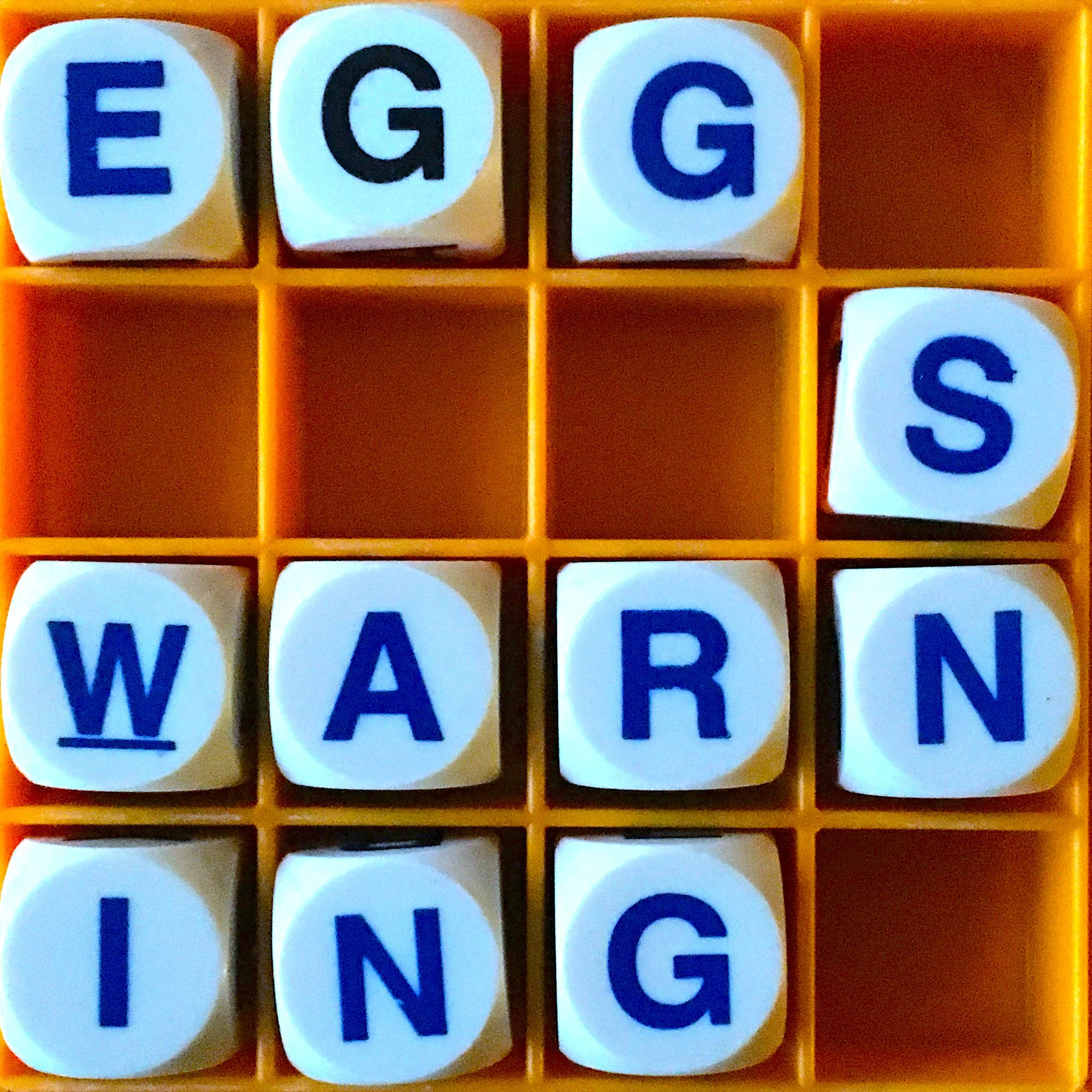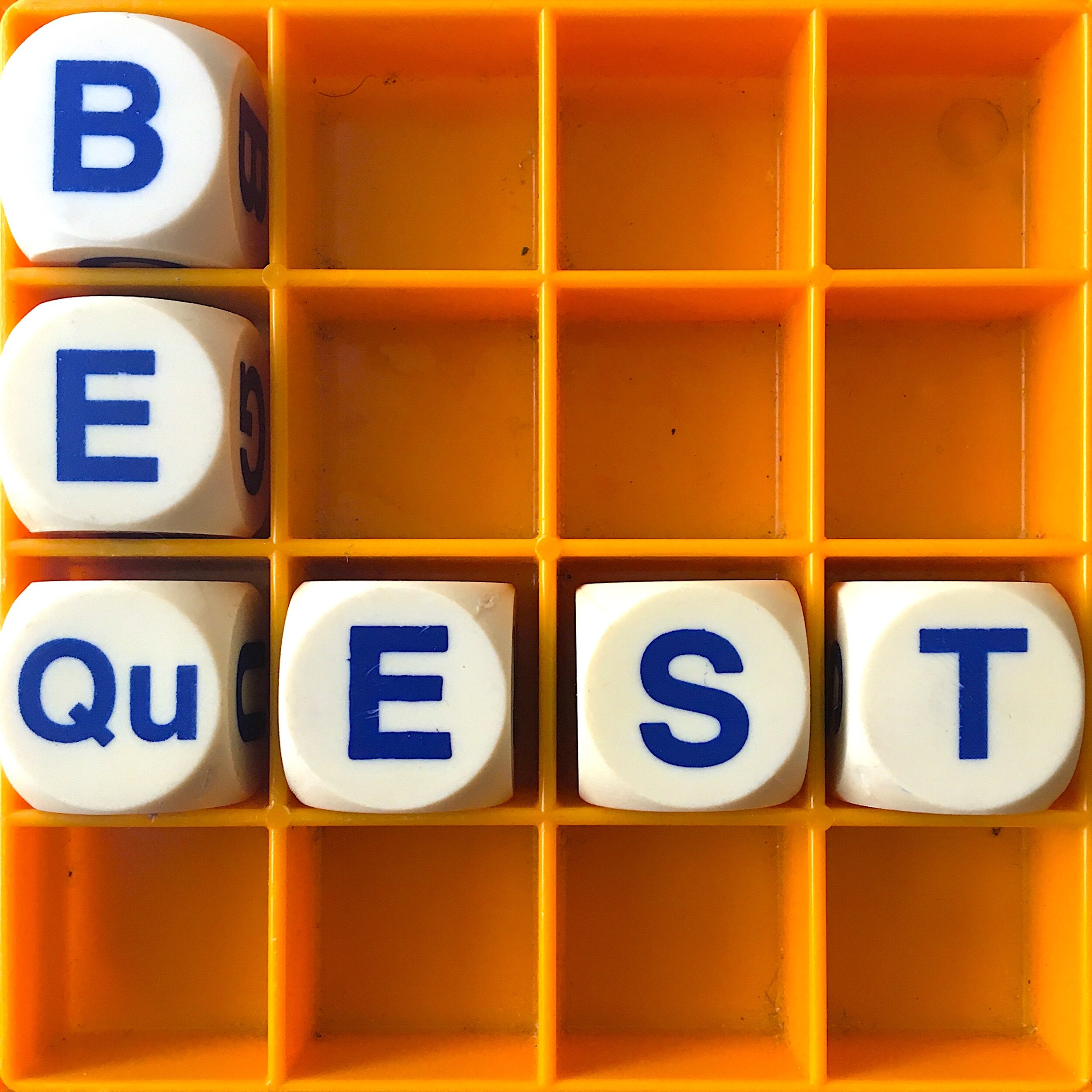There's so much more to say about Singlish after last episode that we're saying some more of it this episode. Poet and academic Gwee Li Sui, author of Spiaking Singlish: A Companion to how Singaporeans Communicate, describes the resistance he received in Singapore when he published Singlish translations of literary works - and why they are important and celebratory for Singlish. And Stacey Mei Yan Fong, baker and author of 50 Pies, 50 States, explains how the language that used to be embarrassing for her is now a huge comfort.
Read moreAllusionist 201: Singlish
"If you grow up being told that one of your first languages, Singlish, is actually a bad version of an already existing language, you kind of get this sense that “I'm just bad at language,” says Bibek Gurung, a former linguist who grew up in Singapore speaking Singlish with his family and friends, while schools and the government tried to quash it. "Language is a fundamental human skill. And to just have this sense that you're bad at this very fundamental skill really does a number to your self esteem and your abilities to communicate in general."
Read moreAllusionist 174. Eurovision part 1
There aren't many multilingual, multinational television shows that have been running for nearly seven decades. But what makes the Eurovision Song Contest so special to me is not the music, or the dancing, or the costumes that range from spangletastic to tear-off: no, it's the people butting heads about language. Historian Dean Vuletic, author of Postwar Europe and the Eurovision Song Contest, recounts the many changes in Eurovision's language rules, and its language hopes and dreams.
Read moreAllusionist 131. Podlingual
In their podcasts Mija and Moonface, Lory Martinez and James Kim create autobiographical fiction in multiple languages.
Read moreAllusionist 118. Survival: Bequest
When the Europeans arrived in Aotearoa New Zealand, as well as guns, stoats and Christianity, they brought ideas of cisgender monogamous heterosexuality that were imposed upon the Māori people as if there had never been anything else. But one word, takatāpui, proved otherwise.
Read moreAllusionist 117. Many Ways At Once
The Scots language didn’t have much of an LGBTQ+ lexicon. So writer and performer Dr Harry Josephine Giles decided to create one.
Read moreAllusionist 42+43. Survival: The Key rerun
To accompany the current Allusionist miniseries Survival, about minority languages facing suppression and extinction, we're revisiting this double bill of The Key episodes about why languages die and how they can be resuscitated.
The Rosetta Stone and its modern equivalent the Rosetta Disk preserve writing systems to be read by future generations. But how do those generations decipher text that wasn't written with the expectation of requiring decipherment?
Features mild scenes of linguistic apocalypse.
Read more








